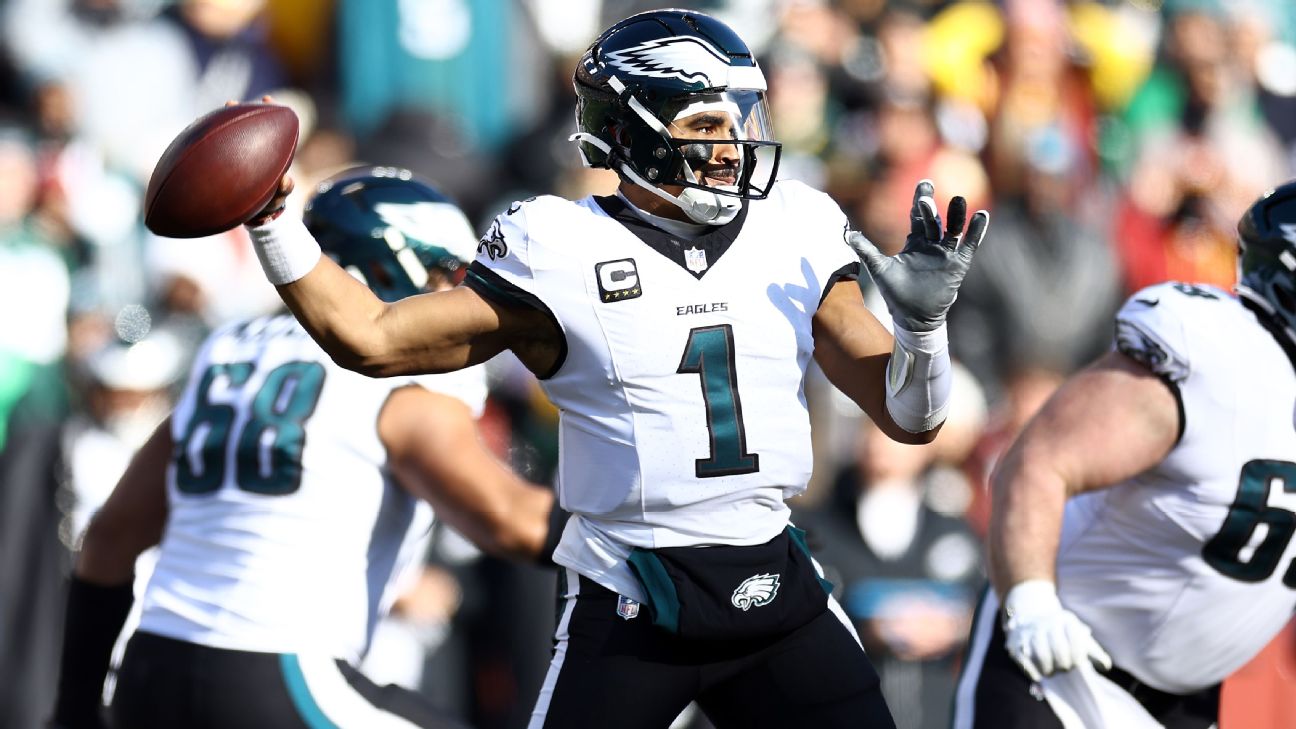Advertiser targeting shifts for sugary drinks

An eye-opening report from 2011 stated that beverage-makers spent nearly one billion dollars a year advertising unhealthy drinks to children and teenagers.
Since then, TV ads have dropped by about one third and kid-oriented website ads are down 70%.
But Yale researchers say that's because companies are now putting more ads on social media
One new strategy is the "adver-game," a child-friendly mobile app which plays games but has subtle product pitches.
YouTube is also another hot promotional avenue. One of the 5-Hour Energy videos has had 10 million views.
And Red Bull's channel features 4,200 different videos.
"If beverage companies really want to help, they would stop marketing their products to children. And it would also be great if they created some new products that are low in sugar, but did not have artificial sweeteners in them," says Marlene Schwartz, PhD.
Yale researchers also took advertisers to task for targeting African-American and Hispanic children who have higher rates of obesity than white children.
A Pepsi spokesperson called the findings "misleading," and said it markets to children in a responsible way.






